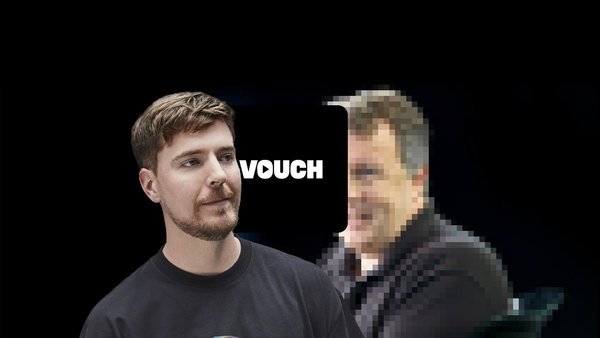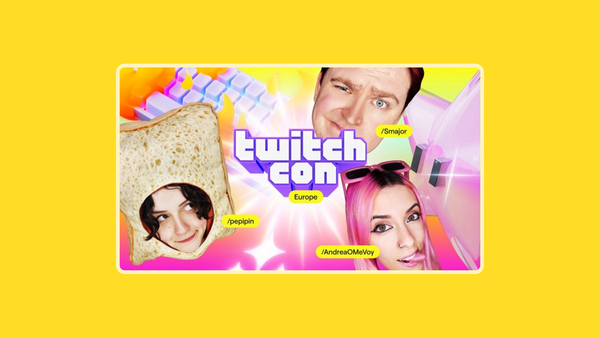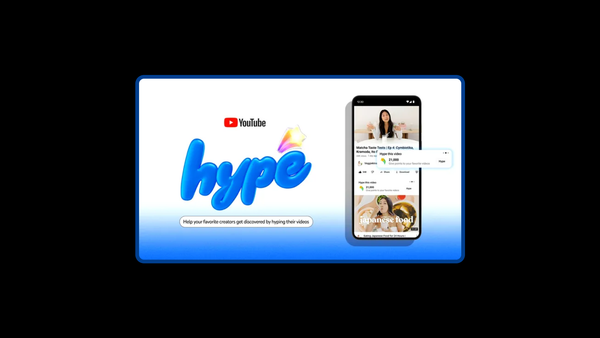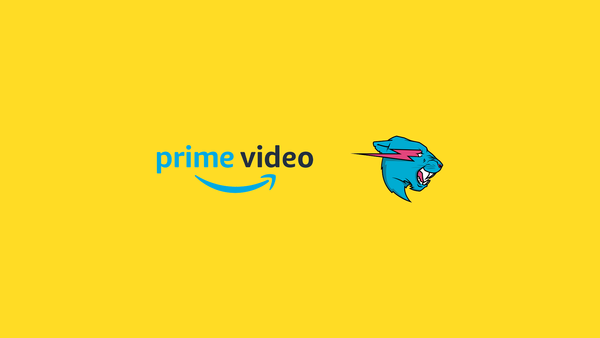What Happened at The White House Creator Economy Conference?
“You are the future,” Biden told the 100 influencers, talent managers, startup founders, and industry insiders gathered in the White House’s Indian Treaty Room for WHCEC.
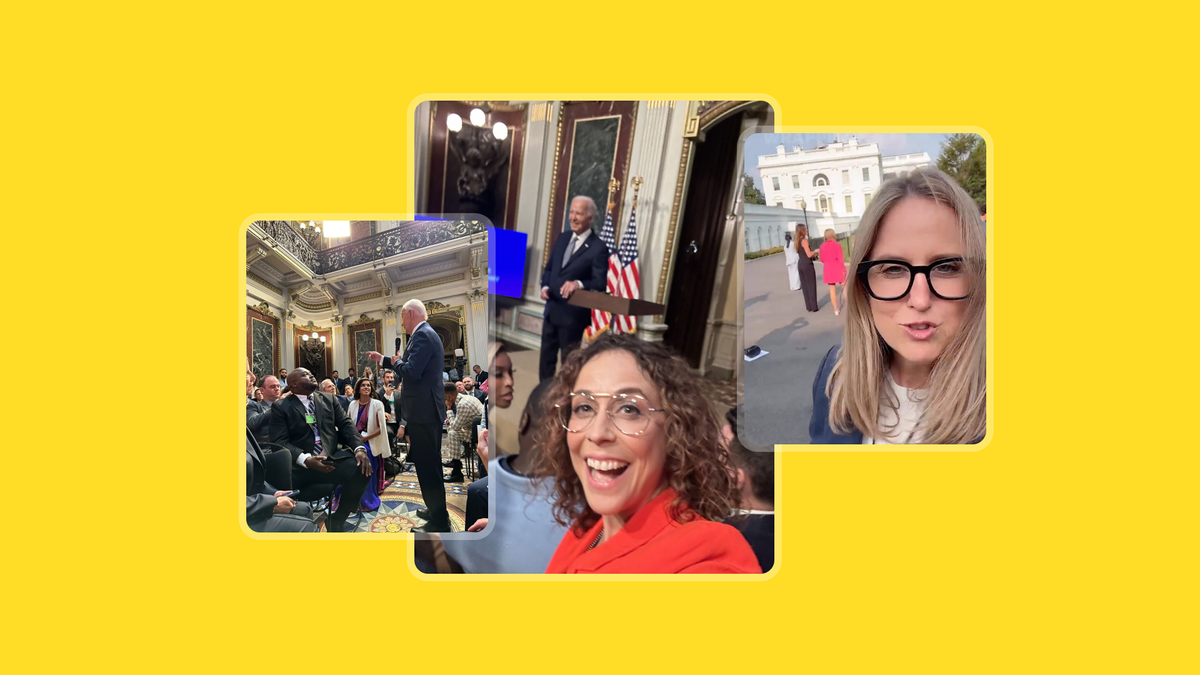
“You Are the Future,” Biden Tells Creators
President Biden spoke for about 30 minutes, opening with a few light-hearted jokes about his age before diving into the importance of the creator economy. “You are the future,” he told the room full of influencers, adding with a grin, “More people want to go into your business than any other.” Biden emphasized that creators aren’t just shifting what people pay attention to—they’re redefining what’s considered consequential in today’s world.
In his unscripted speech, Biden acknowledged the increasing influence of creators on public opinion, noting that they are now attracting the attention of “the establishment,” the very people who “make all the rules.” He also made it clear that with this influence comes a responsibility: creators must prioritize sharing what they believe to be true, particularly in an era where misinformation can spread so quickly online.
Political Campaigns Now Need Creators
The event highlighted a growing trend: political figures, from President Biden to former President Donald Trump and Vice President Kamala Harris, are increasingly turning to creators to boost their campaigns. For instance, Trump has gained support from popular figures like Logan and Jake Paul, while Harris is aligning with progressive creators and meme-makers. The message from Wednesday’s conference was clear—the Biden Administration wants to be remembered as the first to truly integrate creators into their strategy.
A Day of Panels, Policy, and Practical Tips
Throughout the day, attendees heard from White House officials and participated in panels that covered a range of topics, from mental health and burnout to AI and equal pay. In one discussion, beauty creator Jackie Aina sat down for a fireside chat with Tericka Lambert, the White House deputy director of digital strategy, underscoring the administration’s commitment to engaging with creators on issues that matter.
Christian Tom, the White House Director of Digital Strategy, compared the rise of the creator economy to the transformative impact of 19th-century railroads—a paradigm shift that changed everything. “We are in an equally pivotal moment,” Tom said, framing the creator economy as a major force in shaping the future.
In a lighter moment, some creators in attendance even shared practical tips with others on how to enhance video quality, such as switching from HD to 4K and adjusting settings to 60 frames per second for a crisper look. The White House staff encouraged everyone to capture content and share clips on social media, highlighting just how much the administration values creators as part of its communication strategy.

A Few Notable Absences
While the event was packed with key players from the creator economy, some notable figures were absent, including mega-creators like MrBeast and Emma Chamberlain, as well as social media executives like Instagram’s Adam Mosseri. However, the attendee list still featured prominent names like Eric Wei, co-founder of the financial firm Karat; Neal Jean, co-founder of Beacons, a link-in-bio tool; and Victoria Bachan, president of Whalar Talent.
The Takeaway
The White House Creator Economy Conference was more than just a gathering—it was a statement. The Biden Administration made it clear that it sees creators as a crucial part of the future, not just in media but in the broader societal landscape. As creators continue to grow their influence, events like this signal that they will play an increasingly central role in shaping the narratives and policies of tomorrow.


